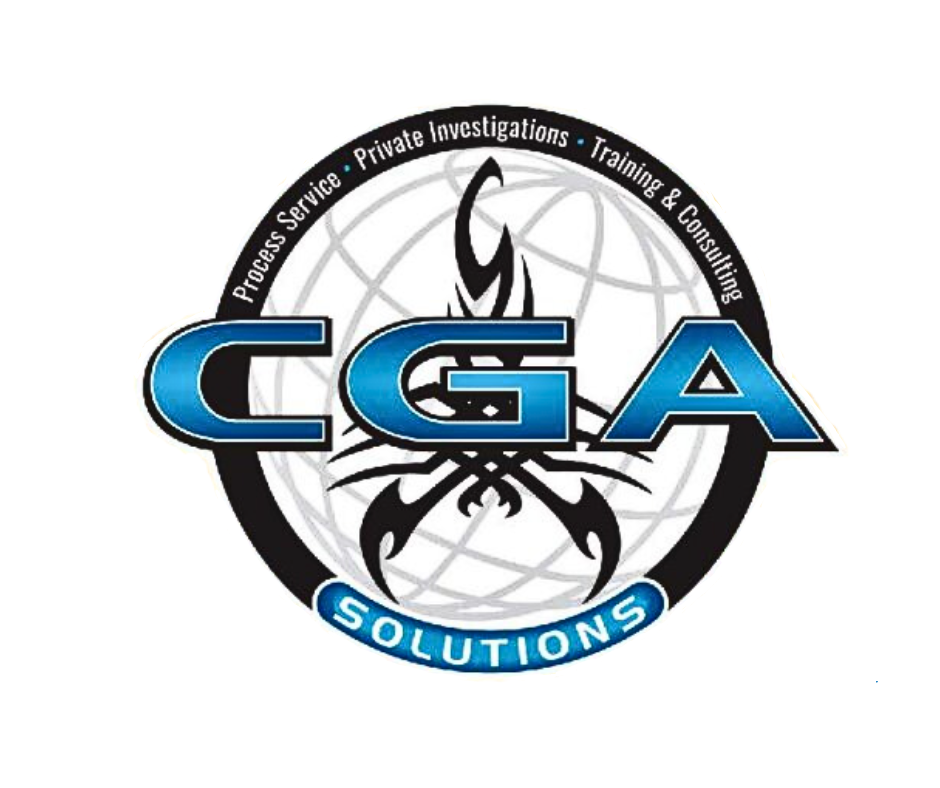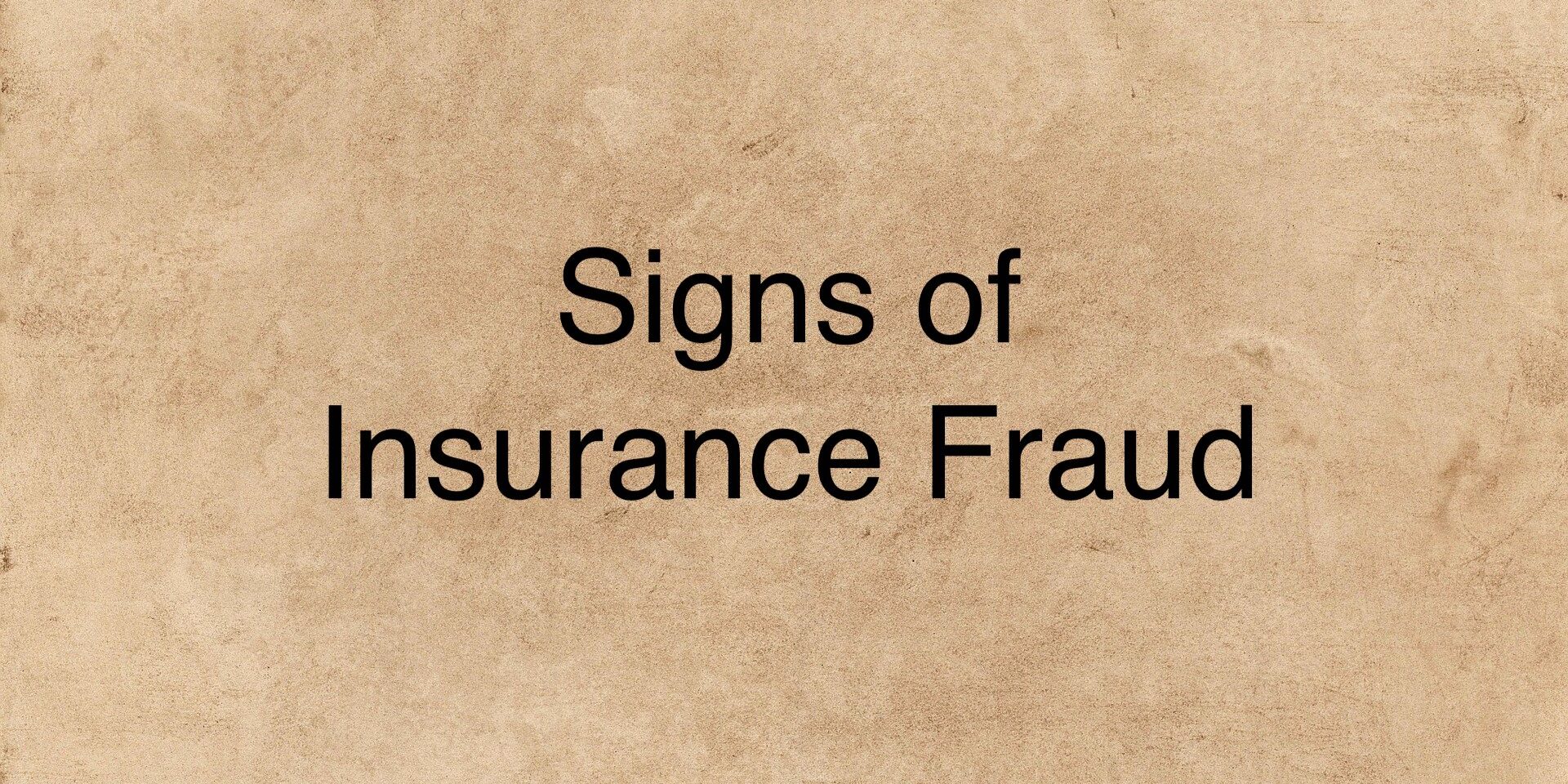Insurance Fraud Comes in Various Different Methods, But There Are Some Common Red Flags
According to the FBI, fraudulent insurance claims cost insurance companies four billion dollars a year. This, in turn, causes other policyholders to pay more in premiums and for their monthly policies to make up for the overall loss.
As a licensed investigation firm, we have worked with insurance agencies and businesses surrounding fraudulent insurance claims. Staged events, false documentation, and misrepresentation of information are a few types of insurance fraud tactics used to receive a payout from insurance companies under false pretenses. If you suspect a person committing insurance fraud, call the private investigation firm, Chilton Gibbs & Associates.

The Policyholder Dies or Disappears Under Suspicious Circumstances
This situation is often seen in life insurance fraud cases where a policyholder dies or fakes their death for financial gain. It can either be planned out by both the beneficiary and policyholder to take the payout and disappear or by the beneficiary (or beneficiaries).
To determine if fraud is at play, it’s important to look at possible motives to commit insurance fraud and the circumstances surrounding the person’s death. A prior history of bankruptcy filings, low credit score, and even recent job loss indicates that the beneficiary had motive and more to gain with the policyholder dead versus alive.
Reports from law enforcement and the Coroner regarding the cause and manner of death can also be vital for determining potential insurance fraud. However, there have been several instances where officers have rushed through their investigations to close out the case. If you feel that the investigation was not thorough enough or several loose ends in the claim, having a private investigator can help you get the answers you need.
[RELATED: What Is Considered a Suspicious Death?]
Injury and/or Damages Claims Do Not Match the Circumstances
False claims happen when injury and/or damages in an incident do not match the circumstances. This is one of the most common ways insurance fraud can occur since individuals can stage an accident or injury to claim insurance. In some claims, a person may not be able to recount all the specific details involving an incident. But if the event is faked, exaggerated, or simply did not happen, there are often flaws in the person’s story that may indicate fraud.
For example, slip and fall claims are among the most common types of staged accidents since injuries are more difficult to prove or disprove. A person can claim to have slipped and fallen due to wet flooring, and in reality, faked a fall. Another example of an insurance claim that might not match the circumstances is when a homeowner self-inflicts damage on their home or property. They could claim damages from another person when they were the ones who caused damages.
Claim History Raises Red Flags

A policyholder who has filed several insurance claims over a few months or even years should be scrutinized. An individual may be attempting to claim the insurance on items such as their car going missing when it’s not actually missing. Analyzing claims leads to figuring out who is likely to file a claim, when, and where. If a claim doesn’t match a typical pattern, then it could be fraudulent.
You Suspect Other Professionals Perpetuating the Claim
We trust service workers, attorneys, doctors, and chiropractors to be honest and impartial in their judgments. However, there have been several instances where professionals may bolster the seriousness of a person’s injury or the damage to their property to receive an insurance payout. For example, a healthcare worker may bill insurance companies for appointments or medical services they did not actually. Or, a doctor may even recommend tests and procedures to patients that are not necessary.
Another example is a car mechanic recommending repairs to your vehicle that were not actually affected in the accident. They may mark up the cost for the repairs to pocket the extra money. As an insurer, if you notice patterns of padded estimates or the recommended procedure or service seems unusual for the policyholder to need, it is crucial to investigate further to determine whether it is insurance fraud.
Suspect Insurance Fraud? Let Our Investigators Help
Rely on our experienced investigators at Chilton Gibbs & Associates to uncover insurance fraud. We have the personnel, technology, and strategic partnerships that make us the obvious choice for your investigative needs. Contact our offices located in Augusta, GA, and Atlanta, GA today at 866-217-8581.







